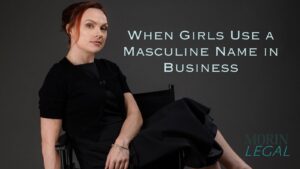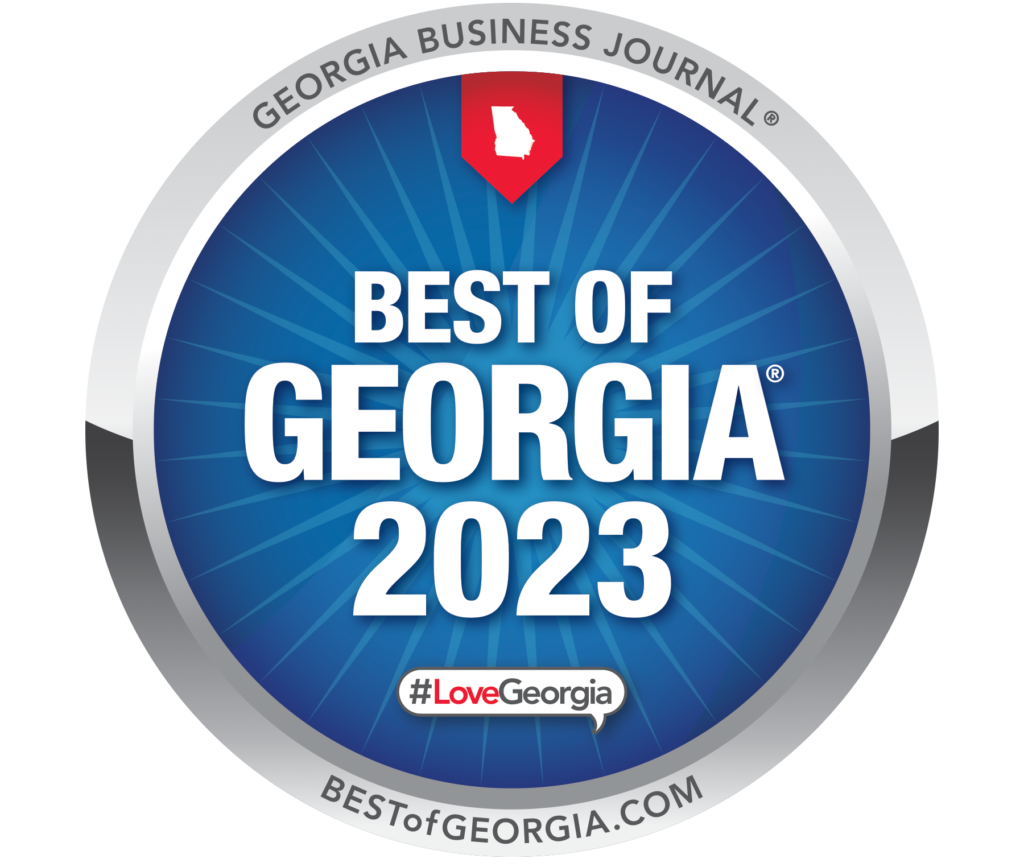“What’s in a name? That which we call a rose/ By any other name would smell as sweet.” – “Romeo and Juliet,” William Shakespeare
When Juliet utters these words to her Romeo, it is because she is questioning naming conventions. I did the same as I sat in the audience at the Jimmy Carter Presidential Library and Museum in 2004 for the premiere of the motion picture, Iron Jawed Angels. Starring Hilary Swank and Patrick Dempsey, the film traces the path of the first suffragettes and the men, who helped bring women the right to vote in 1919 under then-president Woodrow Wilson.
Passed by Congress on June 4, 1919, and ratified on August 18, 1920, the 19th amendment granted women the right to vote. The 19th amendment legally guarantees American women the right to vote. Achieving this milestone required a lengthy and difficult struggle—victory took decades of agitation and protest. Iron Jawed Angels demonstrates this agitation and protest.
After the film, women in attendance from the American Association of University Women (AAUW) gathered at the podium to read aloud statistics that were upsetting and depressing, even in the 21st century. They illustrated the pay gaps in wages for women with various degrees and careers. I was so shocked and upset by this data; it took me a while to process.

How could my generation that challenged the status quo, not challenge the pay gap also? What could I do to perhaps shorten that gap, as I was a wage earner then in corporate America? I stopped using my first name and began using my middle name, which is spelled L-E-E, a form of masculine spelling, which my parents gave me on my birth certificate, instead.
My colleagues had mixed feelings; one was flustered that she would be learning a new name for calling me. Others were quite comfortable with the switch. I was 27 years old. I kept using my middle name for the next 20 years, long after that job ended, and I started my law firm, which is now celebrating 10 years of supporting small businesses, artists, and entertainers.
According to the Pew Research Center, the gender gap in pay has remained relatively stable in the U.S. over these same 20 years. In 2022, women earned an average of 82% of what men earned, according to a new Pew Research Center analysis of median hourly earnings of both full- and part-time workers. In 2002, women earned 80% as much as men.
Now that I am the boss, I choose how to value my worth and work. I do not regret switching to my middle name for business; many colleagues in the entertainment industry use other names. I use my “lawyer name” for work; personal friends and family use my first name. It has a nice separation of work/life – a hidden benefit to having decided, decades ago, to make the switch.
So I ask you the same question William Shakespeare once asked, “What’s in a name?”




